The full-time study will cover one year with three semesters.
The part-time study will cover two years with two or thsemesters in the first year and three semesters in the second year.
| Programme | First Year | Second Year | ||||
|---|---|---|---|---|---|---|
| Semester | Semester | |||||
| 1st
(Sep-Dec) |
2nd
(Jan-Apr) |
3rd
(May-Aug) |
1st
(Sep-Dec) |
2nd
(Jan-Apr) |
3rd
(May-Aug) |
|
| Full-time | 3 courses | 4 courses | 1 course Thesis |
|||
| Part-time | 2 courses | 2 courses | 1 course | 1 courses | 2 courses | Thesis |








